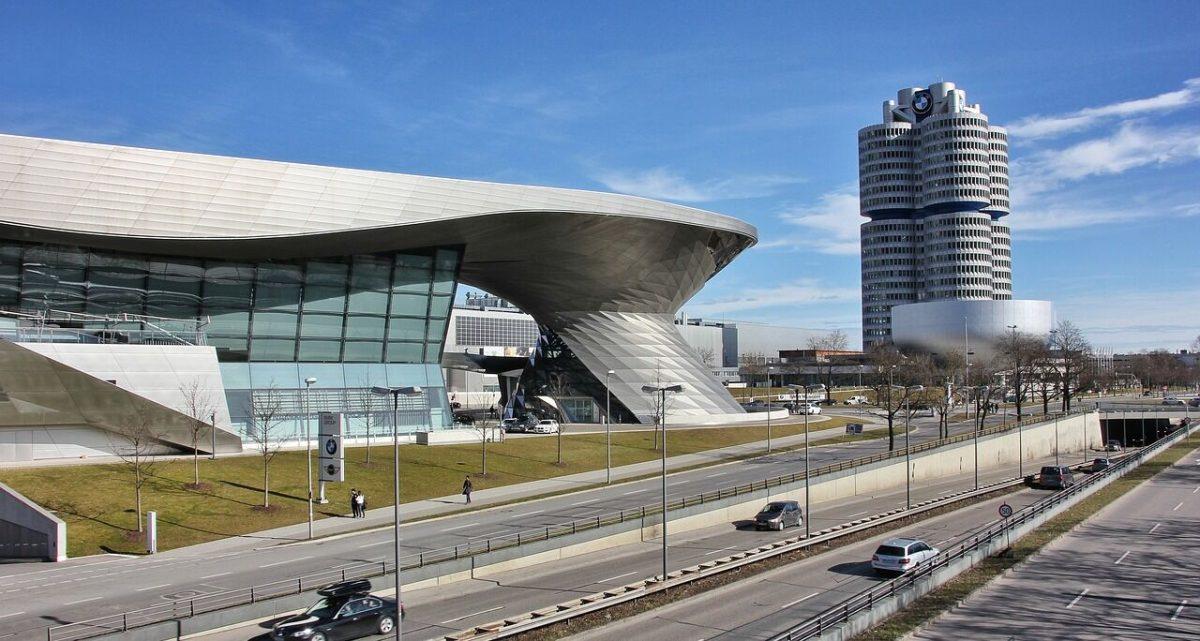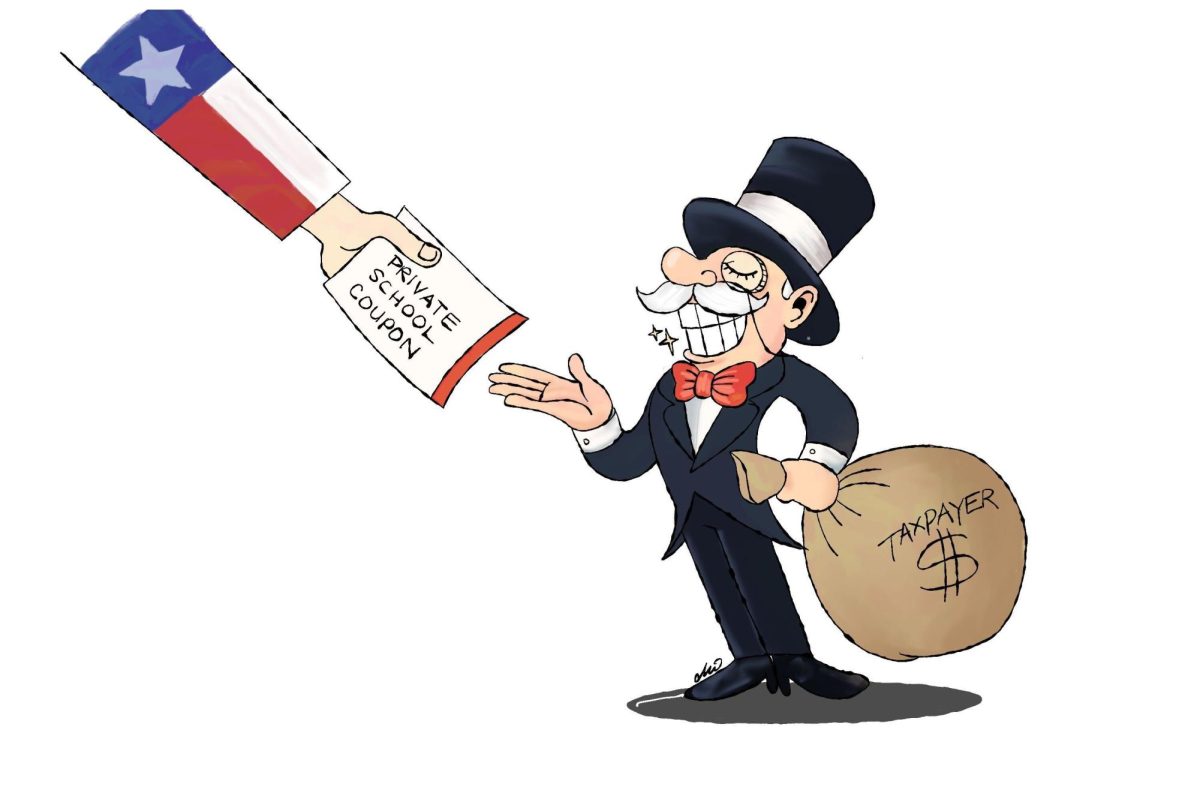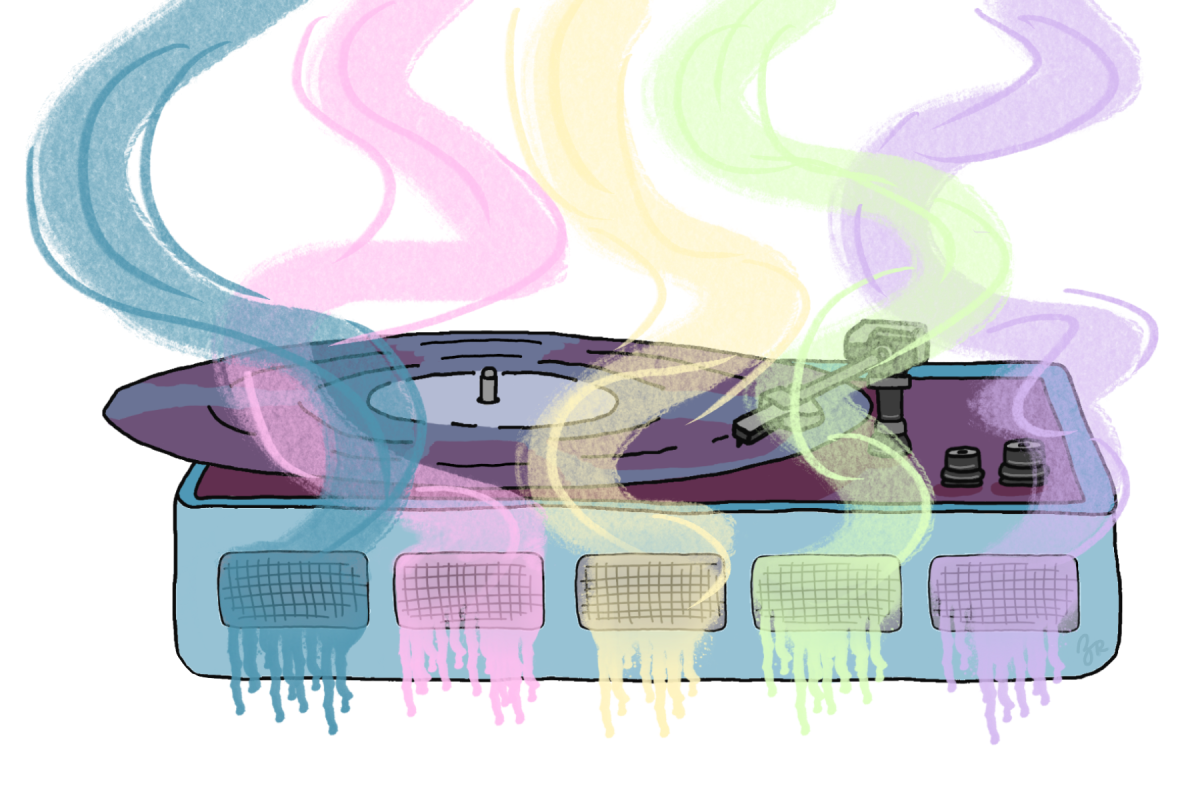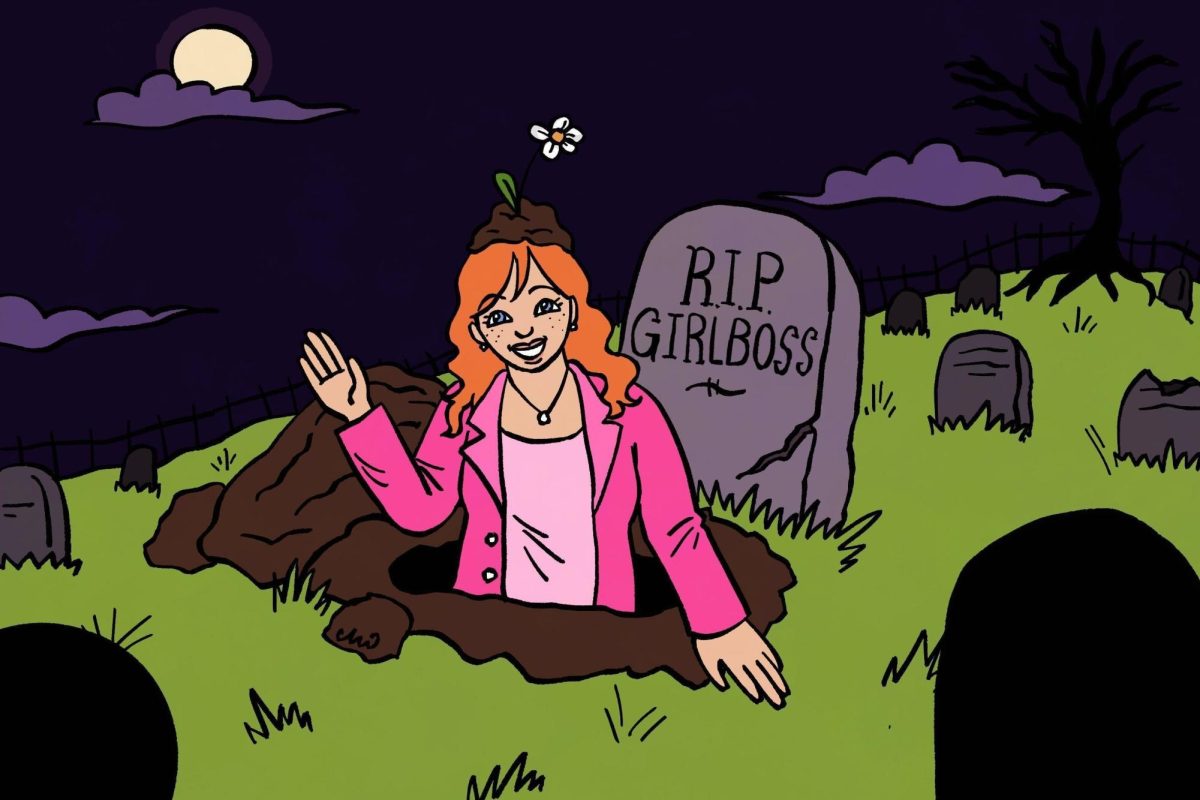Whether it’s op-eds promoting Amazon factory towns, “Innovation Zones” in Nevada or Elon Musk’s vision of a South Texas space hub, company towns are making a big comeback in the 21st century.
Systems in which wealthy patrons own and control every aspect of their worker’s lives is an ancient idea. One thousand years ago, this was called feudalism. During the American Industrial Revolution, the remnants of this paternalistic model manifested as company towns.
All over the nation, the idea of company towns is once again becoming a reality. But building a community surrounding a single industry is short-sighted and perilous.
If you need an example, look to Thurber. In the late 19th and early 20th centuries, Thurber was the largest company town in Texas and one of the state’s largest coal producers. In the 1920s, when trains largely began to switch to oil, residents were forced to leave in droves. Today, it’s a ghost town and its former owners, Texas Pacific Coal and Oil company, were bought by Sunoco.
When Amazon or any industry decides moving their businesses is more profitable, towns collapse and lives are upended. If a business or company fails or files bankruptcy, as they’re liable to do, the town similarly breaks down and its residents are left scattered to the wind.
Even when successful, the existence of company towns opens the door to a dystopian future where billionaire nobles dictate every banal detail of your life. Where you live and work, what you eat, what media you consume and nearly every aspect of your day-to-day existence could easily hinge on the whims of our corporate overlords, even more than they do already. The end result is a society where human beings are functionally no different than the machines that could just as easily replace us.
These fears are nothing new. “History doesn’t repeat itself, but it does often rhyme.” We’re entering a new Gilded Age, coated in plastic and silicon instead of steel and soot.
Billionaires have grown their wealth by 13.4 percent since 2019, but the faces of the new Gilded Age aren’t content with just being the world’s richest people. They want prestige, influence and power beyond measure. He’s been to space, he’s got a shiny bald head, a maniacally villainous laugh and is the richest man in the world. No, it’s not Lex Luthor or Dr. Evil but real-life CEO, entrepreneur and future God-King of humanity, Jeffery Bezos. Bezos already owns one of the most widely circulated newspapers in the country and is one of the top contenders in reviving the company town concept. Imagining a future shaped by the will of Bezos and his army of delivery drones is enough to make anyone want to hide in their AmaZen Mindful Practice box. For the love of all that is good, get those robot arms away from him before he gets any more ideas.
The next biggest name in owning every aspect of your life is Martian indentured servitude enthusiast, Elon Musk. Musk simply cannot be trusted to ensure the safety and well-being of anyone. Musk’s business model is to do as he pleases regardless of the consequences. This self-proclaimed “Technoking’s” apathy is evident by the fact that Tesla has racked up three times as many Occupational Safety and Health Administration violations as the other ten largest car manufacturers combined and 90 percent of Teslas come off the production line with defects. Not only would Musk rather pay fines instead of following the law and ethical business practices, but SpaceX has even already committed to illegally establishing its own laws on Mars.
One can only imagine the human devastation on Musk’s future Martian colonies if their jobs become unprofitable. Will the millions of weary space hobos be able to hop on the next boxcar to Earth?
“Growth for the sake of growth is the ideology of a cancer cell.” One would think we’d have learned this lesson 100 years later. Our first Gilded Age was ushered out by a World War, a Dust Bowl and a Great Depression. Entrusting our nation and planet to parasites did not make us prosperous then, and it will not make us prosperous now that Bezos’ Blue Organ has penetrated the threshold of space. To avert disaster, we must radically change course and not bring the pitfalls of the past into the future.
Zachary Freeman is an anthropology senior and opinion columnist for The Battalion.
















